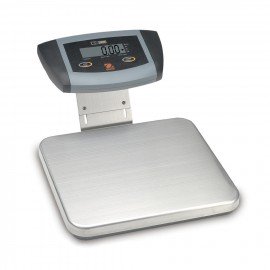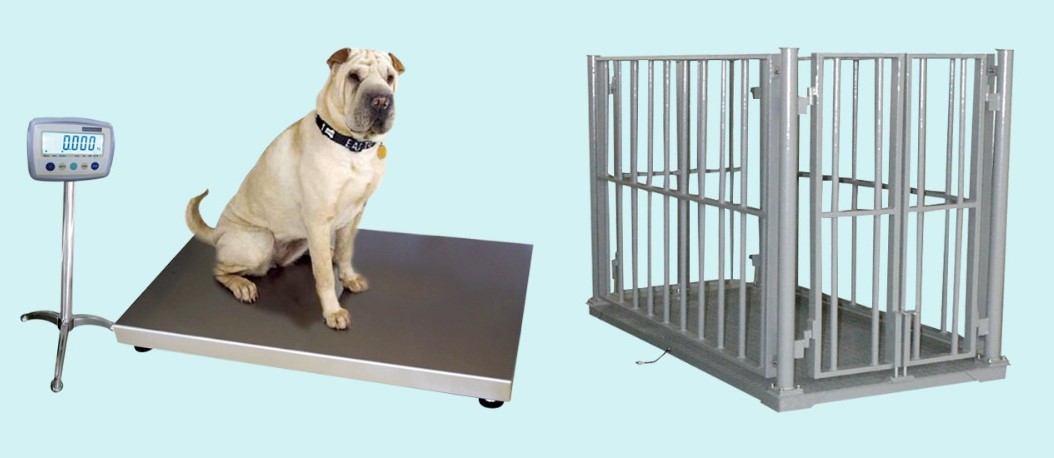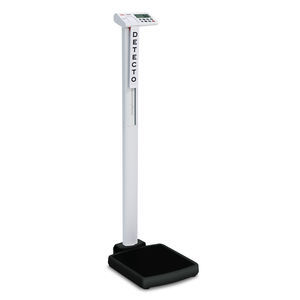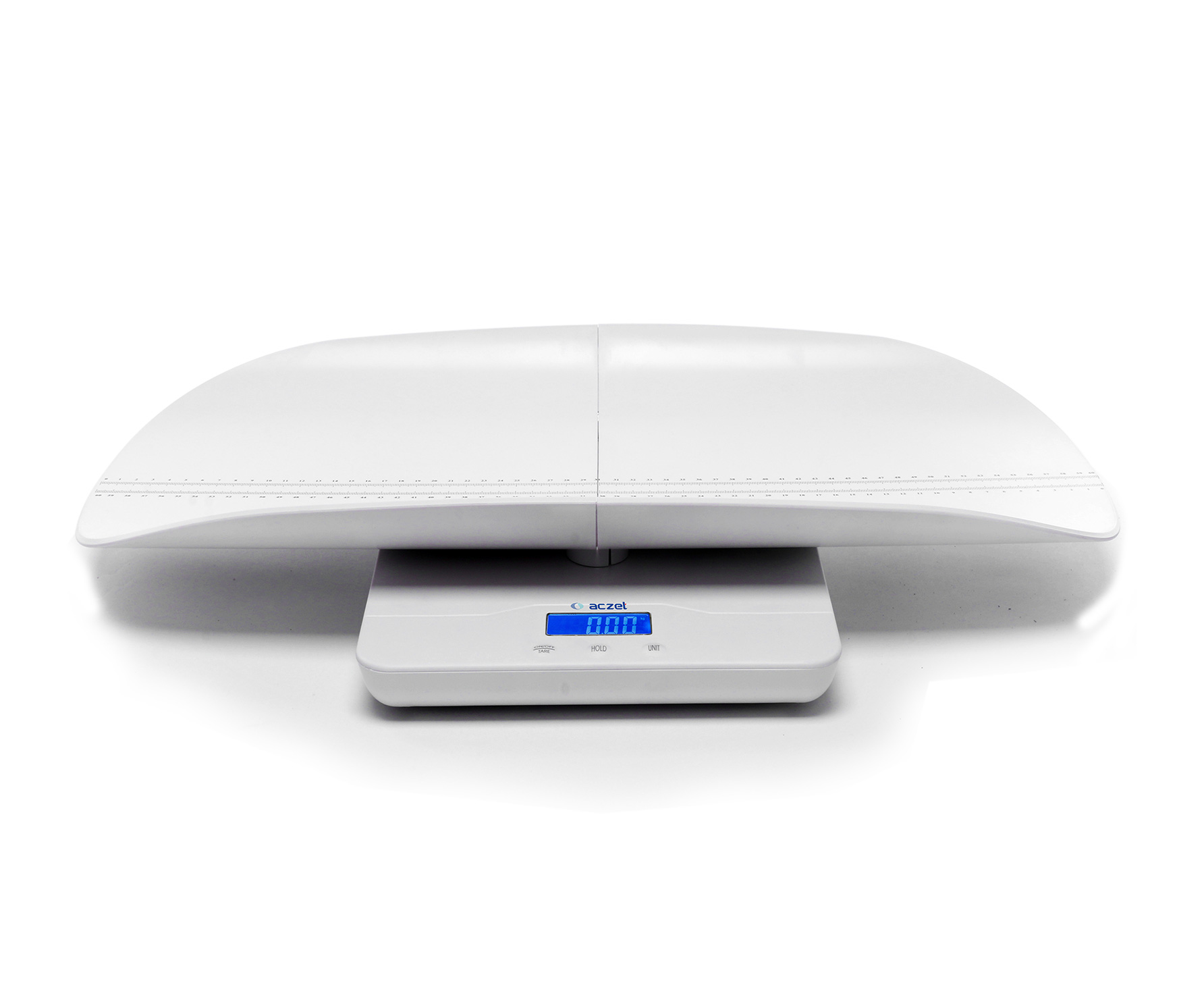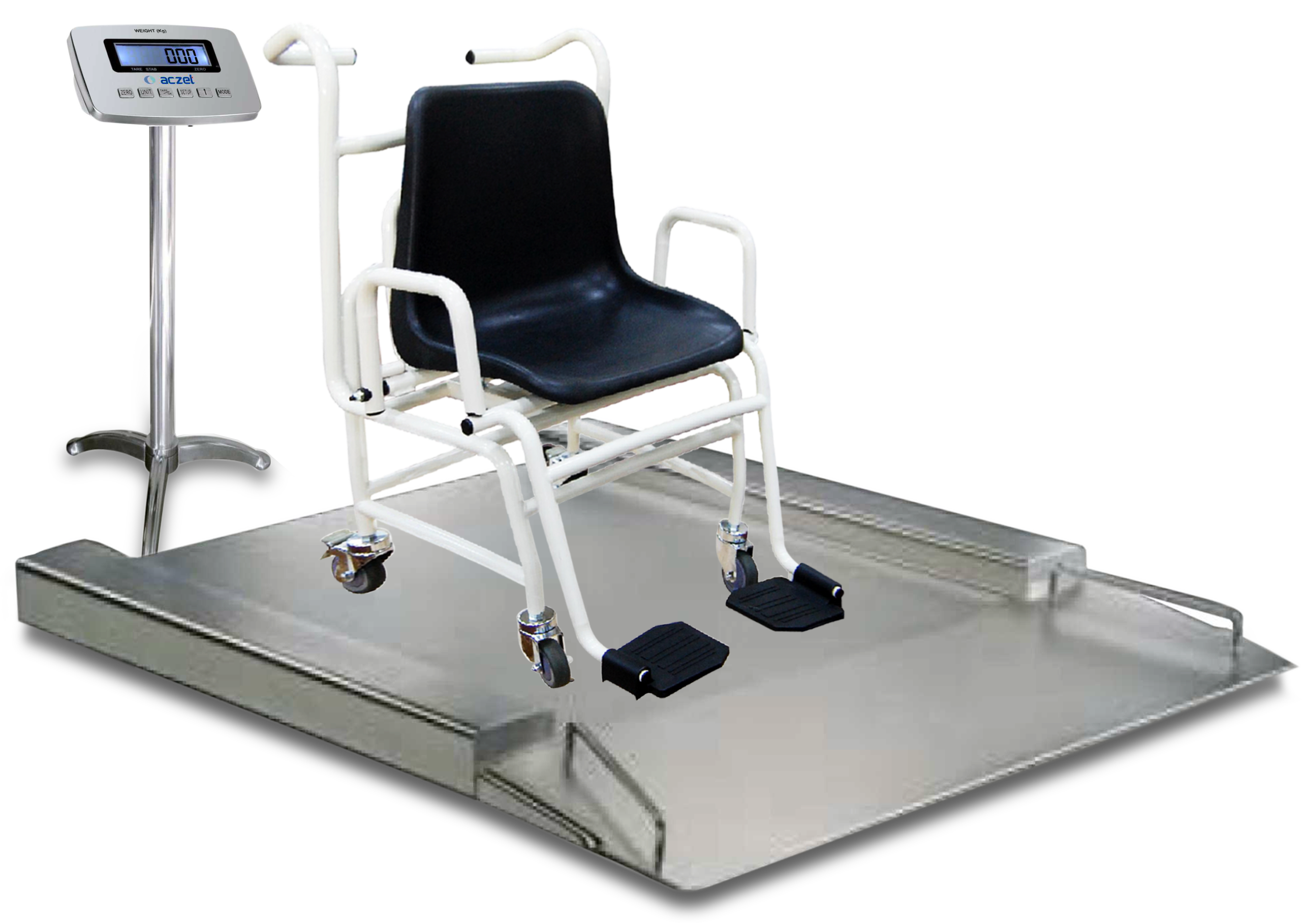
Aczet
-
Purpose: Patient and hospital scales are used to measure the weight of individuals in medical settings for diagnostics, treatment, and monitoring health.
Types:
- Bed Scales: Designed to weigh patients while they remain in bed, often used in hospitals.
- Chair Scales: Allow patients to be weighed while seated, useful for those who cannot stand.
- Floor Scales: Standard scales for weighing patients standing up; can be used with or without assistive devices.
Features:
- Digital Displays: Provide precise and easily readable weight measurements, with features like BMI calculation and memory storage.
- Heavy-Duty Construction: Built to support the weight of patients comfortably and safely.
- Tare Function: Allows for subtracting the weight of any additional items like wheelchairs or bedding.
Applications:
- Hospitals: Used for routine weight checks, monitoring changes, and dosing medication based on weight.
- Clinics: Essential for health assessments and managing treatment plans.
- Long-Term Care Facilities: Used to track the weight of residents for health monitoring.
Accuracy: High accuracy is crucial for correct medical assessments and treatment adjustments.
Calibration: Regular calibration is necessary to ensure the scale remains accurate and reliable for medical use.
